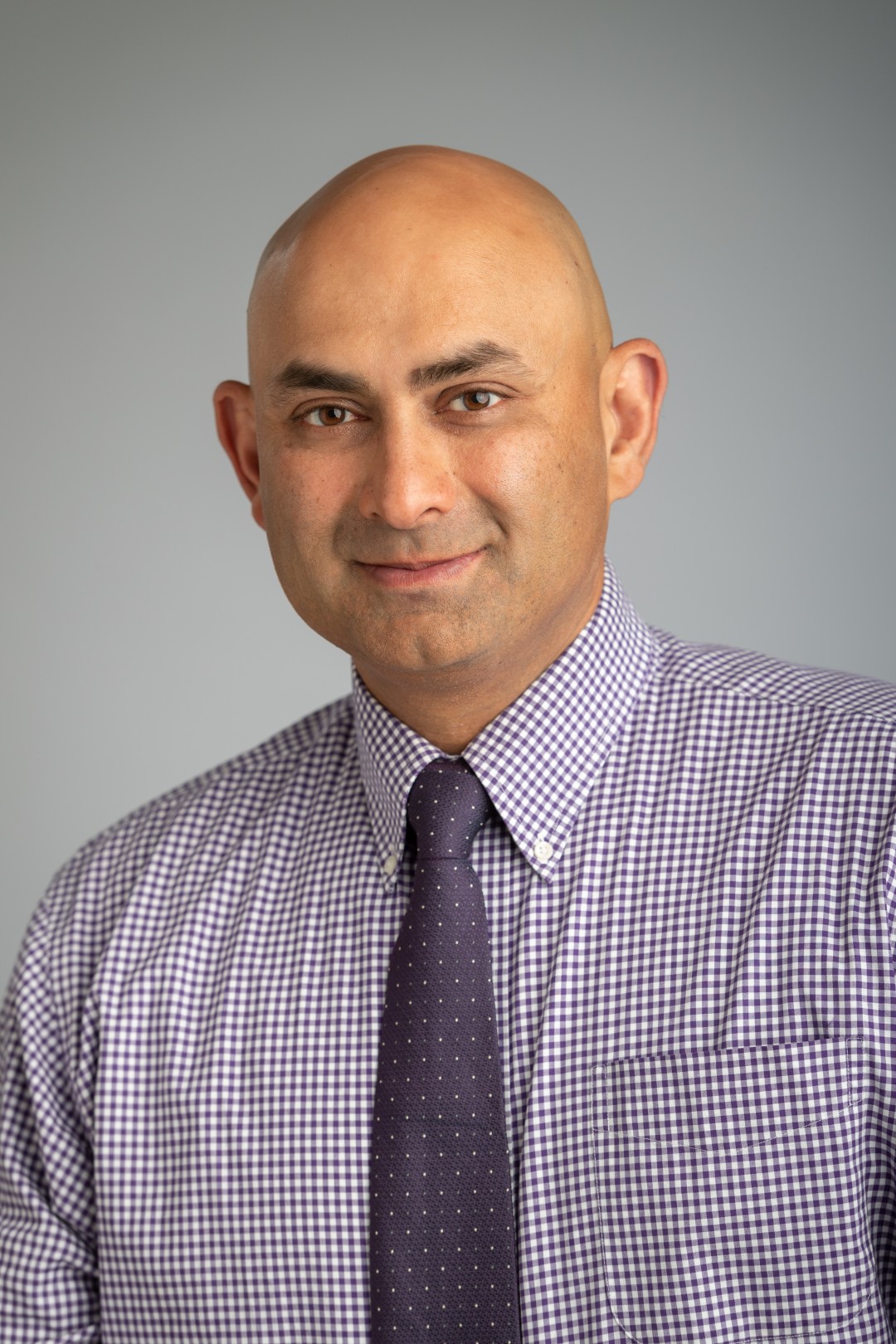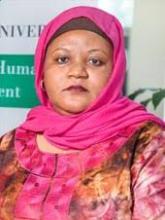
UtiliZing health Information for Meaningful impact in East Africa through Data Science (UZIMA-DS)

Akbar K. Waljee
MPI
Research Hub

1U54TW012089-01

Overall Component Africa is the youngest continent in the world, with 60% of its population under the age of 25. The span between early life to young adulthood represents a critical window where biological, environment and psychosocial events can significantly impact long- term uzima, which means health/well-being in Swahili. Coupled with the recent technological advances and the enormous volumes of data collected in Africa, there is an unprecedented opportunity to leverage data science to identify and improve the health trajectories of young Africans. However, significant analytical and computational barriers persist that impede our ability to use this information to change care at the community and individual level. Our proposed Research Hub, UZIMA-DS, aims to change this narrative by UtiliZing health Information for Meaningful impact in East Africa through Data Science. We will create a scalable and sustainable platform to apply novel approaches to data assimilation and advanced artificial intelligence (AI)/machine learning (ML)-based methods to serve as early warning systems to address critical health issues impacting young Africans in two domains: maternal, newborn and child health and mental health. Our Hub addresses three critical needs across the translational spectrum of data science: 1) Harmonization of multimodal data sources for meaningful use and analyses; 2) Leveraging temporal patterns of data to identify trajectories through prediction modeling using AI/ML-based methods; and 3) Engaging with key stakeholders to identify pathways for dissemination and sustainability of these models into target communities. For our Maternal and Child Health Study (Project 1), we will leverage the large and diverse existing data sets in Kenya, including two demographic surveillance systems, cohort studies and hospital data, to develop and validate AI/ML-based prediction models to identify women of childbearing age at high risk for poor pregnancy outcomes (e.g., pregnancy-induced hypertension, low birthweight) and non-communicable diseases later in life and children at risk of future poor life outcomes (e.g., developmental delays). For our Mental Health Study (Project 2), leverage existing surveillance data as well as novel mobile technologies (e.g., mobile apps, wearables) for the development of existing and new AI/ML-based prediction models to identify adolescents and young healthcare workers at risk of depression and suicide ideation in Kenya. Our Hub and Projects will be supported by an Admin Core, Data Management and Analysis Core, and a Dissemination and Sustainability Core, which will facilitate engagement with multisectoral stakeholders to identify sustainable model dissemination pathways into target communities. Ultimately, our work will empower African researchers to carry forward the UZIMA-DS Hub to address on-going and evolving health needs of Africans by building sustainable infrastructure, expertise, and partnerships for long-lasting impact. The UZIMA-DS Hub can serve as a model that can be scaled to other countries and health domains with the greater DS-I consortium to transform care delivery in Africa, ensuring that current and future generations of Africans can achieve uzima.

